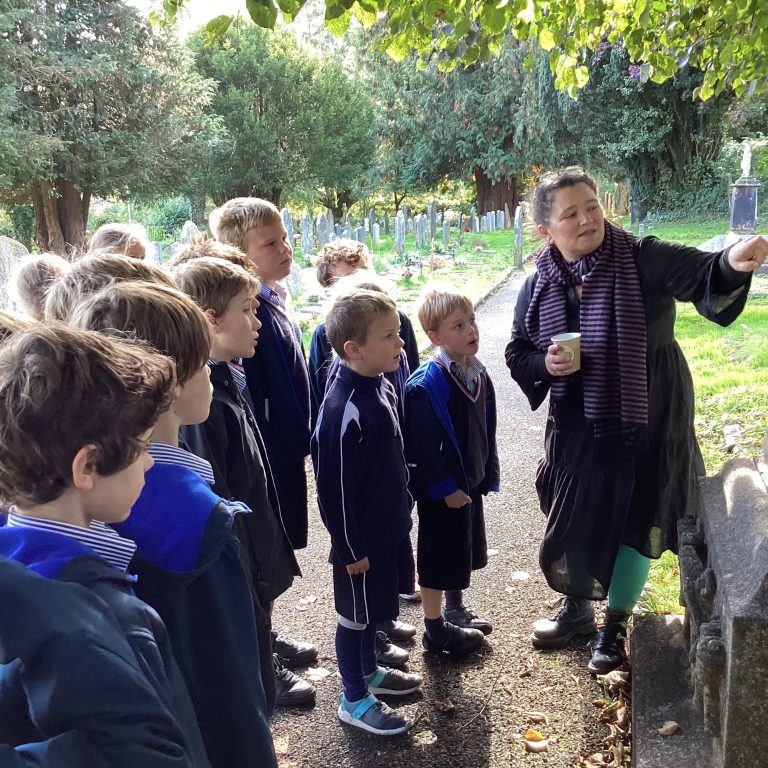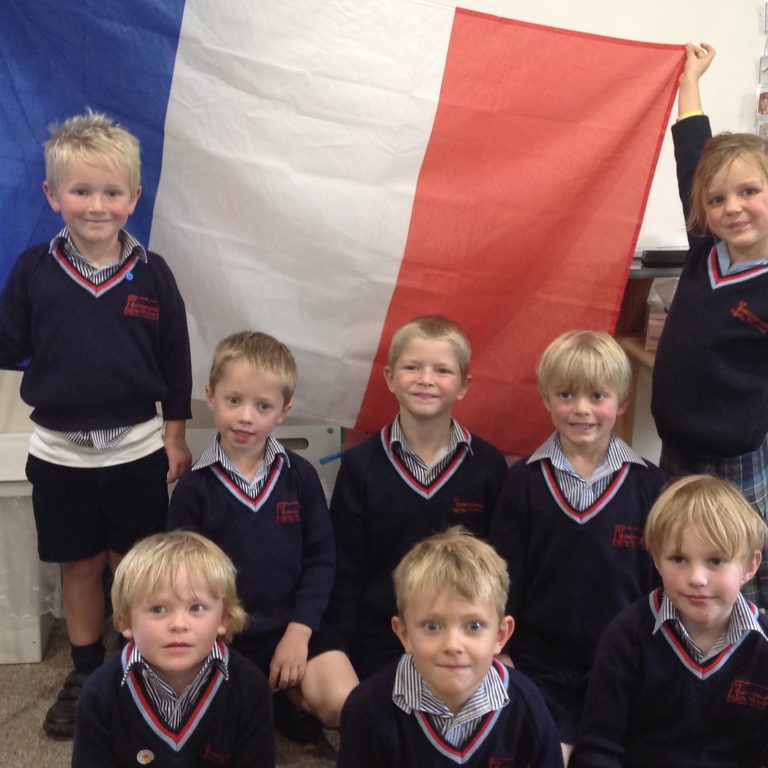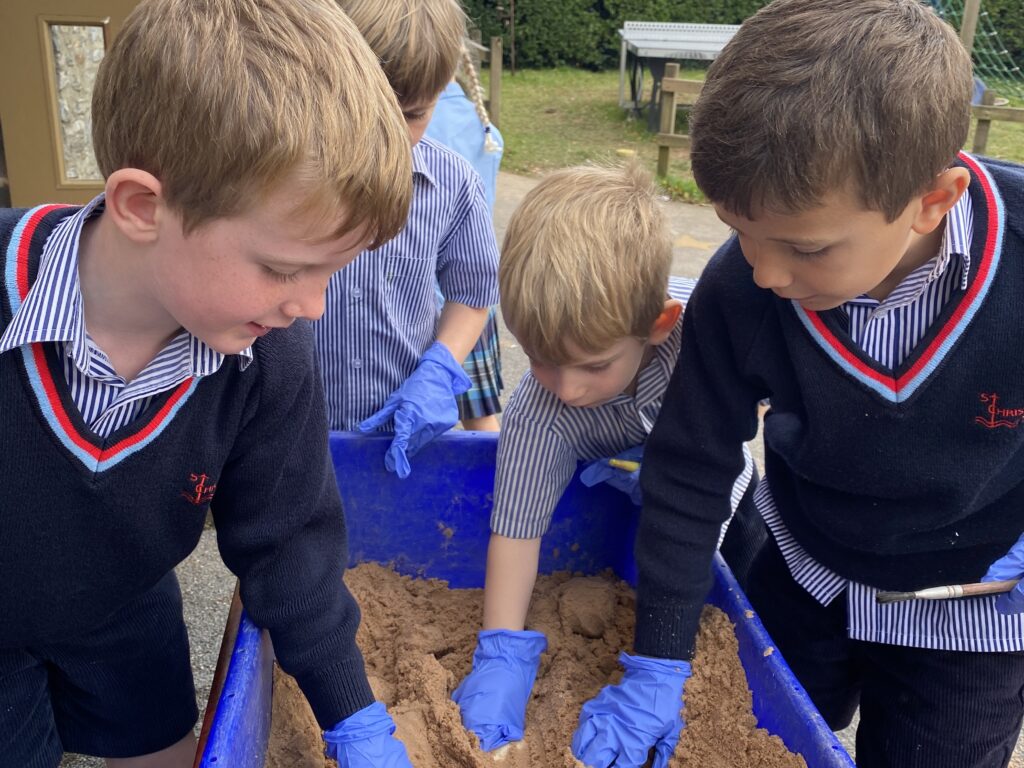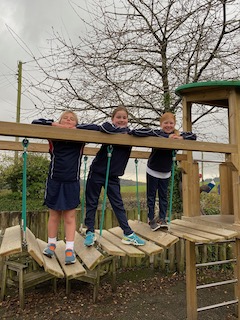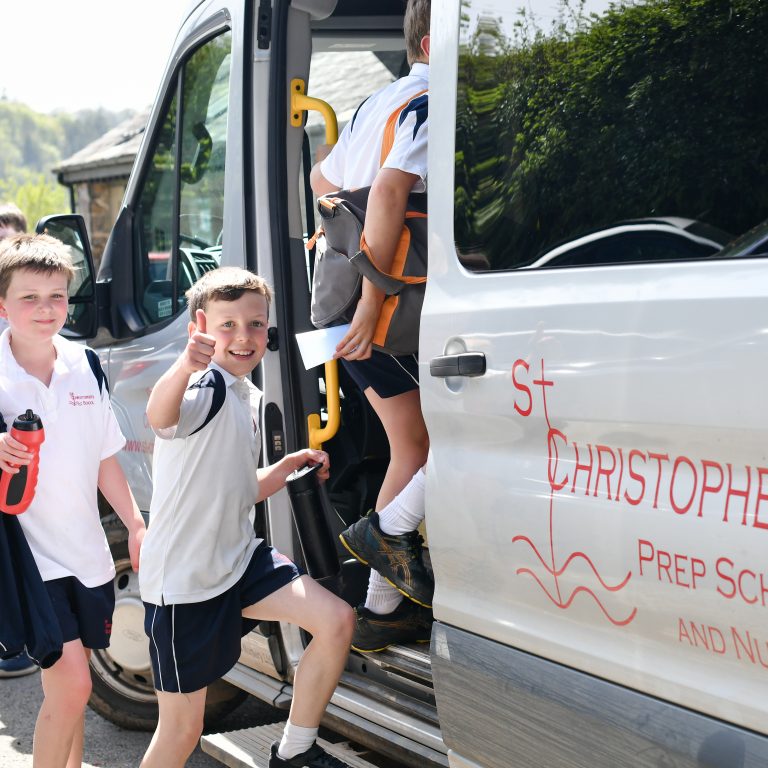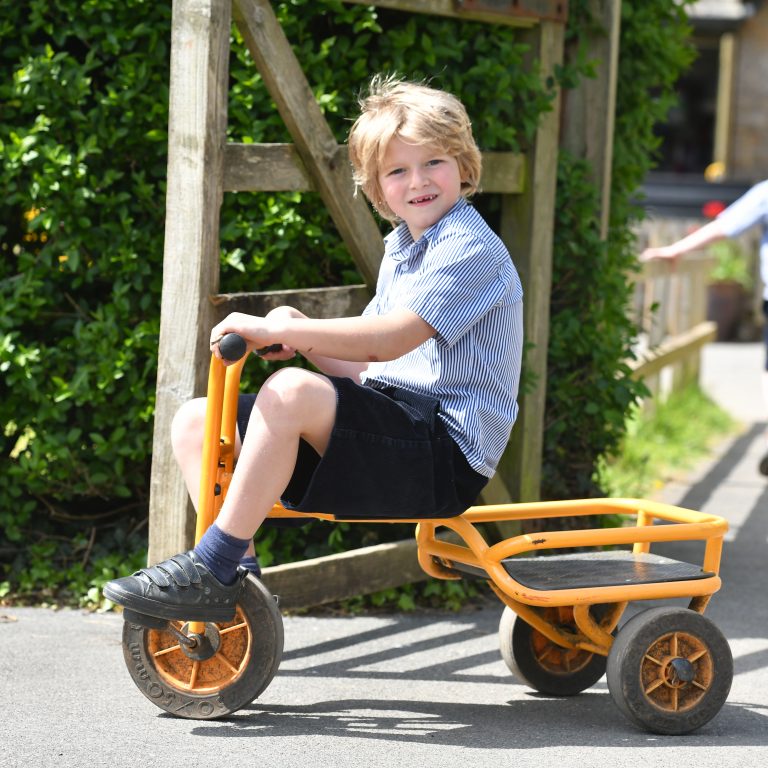Dale Carnegie once said, “Learning is an active process. We learn by doing. Only knowledge that is used sticks in your mind.”
In the world of education, this quote couldn’t be truer. Active learning not only engages students but also helps them retain knowledge more effectively.
At Prep 1, a group of enthusiastic young learners embarked on a fascinating journey into history by becoming archaeologists for a day. Through hands-on exploration and role-play, they delved into the past to uncover the secrets of ancient civilisations.
The Archaeological Adventure
In a typical classroom, history might be taught through textbooks, lectures, and discussions. However, Prep 1’s history lessons took a different approach. The goal was to make history come alive, allowing the children to experience the subject firsthand. To achieve this, the class transformed into a team of young archaeologists.
Creating an Excavation Site
The adventure began with the creation of an excavation site. The children were given the opportunity to dig into the past, just like real archaeologists. The excitement in the air was palpable as they donned their ‘archaeologist’ hats and picked up their shovels.
Unearthing Artifacts
These items were replicas, but they bore a striking resemblance to real historical relics. The thrill of discovering something ancient buried beneath the ground was an experience that left a lasting impression on the young minds.
Teamwork and Discovery
Prep 1 students worked together to clean and analyse the artifacts they had unearthed. They brushed away dirt and debris with the teamwork creating a sense of camaraderie and encouraging the students to share their observations and insights.
Puzzle of the Past
Once the artifacts were cleaned, the real challenge began – piecing them back together. Just like a puzzle, the children had to figure out how these broken pieces fit together to recreate the whole artifact. This activity not only honed their problem-solving skills but also provided a sense of accomplishment as they watched history come together before their eyes.
The Power of Role-Play
By pretending to be archaeologists, students engaged their imaginations and stepped into the shoes of those who had uncovered the past. This made the subject matter more relatable and encouraged active participation.
Conclusion
Prep 1’s archaeological adventure demonstrates the power of active learning. By getting their hands dirty and immersing themselves in the role of archaeologists, these young learners gained a deeper understanding of history. The artifacts they uncovered weren’t just objects; they were windows into the past, connecting them to ancient civilisations and their stories.
References
Archaeology at Kids Britannica https://kids.britannica.com/kids/article/archaeology/352775#:~:text=Archaeology is the study of,study archaeology are called archaeologists.
Proud to be an Archaeologist at BBC https://www.bbc.co.uk/teach/class-clips-video/pshe-ks1-ks2-proud-to-be-an-archaeologist/zmqg92p
Children and Teens at Council for Archaeology https://www.archaeologyuk.org/get-involved/pathways-into-archaeology/children-and-teens.html

